London, UK – 12th December – Over a quarter (27%) of British small and medium-sized businesses have admitted to being owed between £5,000 and £20,000 in unpaid invoices according to research by Payit, NatWest’s multi award-winning open banking payments solution.
The impact of late payments has been felt across the country, with SMEs reporting over a third (36%) of payments taken in an average month as late. London’s businesses have been revealed to be the hardest hit, with 41% of payments coming late.
SMEs account for nearly two thirds (61%) of UK employment and form the backbone of the economy. Over half (55%) of SMEs say that late payments have increased in the last six months, with knock-on effects being compounded by the rising cost of doing business.
Nearly half (46%) of small businesses claim the time associated with chasing invoices as having the most noticeable impact, with 31% of businesses spending between 21-30 hours per month chasing customers. This time could be put into improving customer service, developing new products and evolving business growth strategy; however, it is often spent chasing money that a business has already earned.
Cashflow issues are the other major impact felt as a result of late payments, with 44% of businesses stating it as the most pressing issue. SMEs are particularly vulnerable to the knock-on effects of volatile cashflow. It can massively impact business planning and threaten the ability to pay suppliers, staff and any clients that may be lost as a result.
Payit by NatWest presents businesses with a simple and fast means of collecting money from customers without businesses needing to ask for, and store, card details. Payments are settled in near-real time to help with cash flow issues, while the lack of need to enter card details or sign up creates a simple and secure process for customers. Currently, over half (55%) of SMEs are paid by bank transfer, while a third (33%) are paid by card.
Customers are often guilty of sending payments late unintentionally. 41% of customers gave the excuse that they had simply forgot to send a payment, while 21% claim to have sent a payment late due to not being able to find the right account details.
Payit’s ability to generate a QR code which can be shared directly and immediately with customers, means it provides a simple means to collect payments digitally.
Mike Elliff, CEO of Payit by NatWest comments: “Small businesses pave the way for growth and innovation, however, two of their most precious resources – time and money – are being wasted. As a business, knowing that you can rely on payments being received in near-real time can make a world of difference.
“Payit’s safe and secure platform supported by Open Banking technology is built with businesses and consumers front and centre, to make it as easy as possible for payments to be taken quickly. To date, Payit has processed over 10 million payments, making it a tried and trusted tool for business owners across the country.”
Terry Corby, the Founder and CEO of campaign group Good Business Pays adds: “The numbers revealed in this latest research from Payit are shocking and confirm why it is so important we tackle the unfair practice of companies withholding payment they owe to SMEs.
“Around 40% of SMEs derive all their income from B2B (business to business) sales, meaning almost 2.5 million SMEs are waiting weeks or months to get paid for products delivered or work done. We need to recognise that small businesses are not just businesses – they are peoples’ lives.
“Assuming each of those small businesses has one employee, late payment is directly affecting the cashflow of 2.5 million families and if they have two employees, then it’s potentially impacting 5 million families in the UK. As we approach the festive period, it’s time that every company does the right thing and pays on time.”
Terry founded Good Business Pays in late 2020 to bring an end to the scourge of late payments which forces 50,000 small businesses to fail every year. To find out more about their free resources and insights, visit www.goodbusinesspays.com.







Log in to access complimentary passes or discounts and access exclusive content as part of your membership. An auto-login link will be sent directly to your email.
We use an auto-login link to ensure optimum security for your members hub. Simply enter your professional work e-mail address into the input area and you’ll receive a link to directly access your account.
Instead of using passwords, we e-mail you a link to log in to the site. This allows us to automatically verify you and apply member benefits based on your e-mail domain name.
Please click the button below which relates to the issue you’re having.
Sometimes our e-mails end up in spam. Make sure to check your spam folder for e-mails from The Payments Association
Most modern e-mail clients now separate e-mails into different tabs. For example, Outlook has an “Other” tab, and Gmail has tabs for different types of e-mails, such as promotional.
For security reasons the link will expire after 60 minutes. Try submitting the login form again and wait a few seconds for the e-mail to arrive.
The link will only work one time – once it’s been clicked, the link won’t log you in again. Instead, you’ll need to go back to the login screen and generate a new link.
Make sure you’re clicking the link on the most recent e-mail that’s been sent to you. We recommend deleting the e-mail once you’ve clicked the link.
Some security systems will automatically click on links in e-mails to check for phishing, malware, viruses and other malicious threats. If these have been clicked, it won’t work when you try to click on the link.
For security reasons, e-mail address changes can only be complete by your Member Engagement Manager. Please contact the team directly for further help.